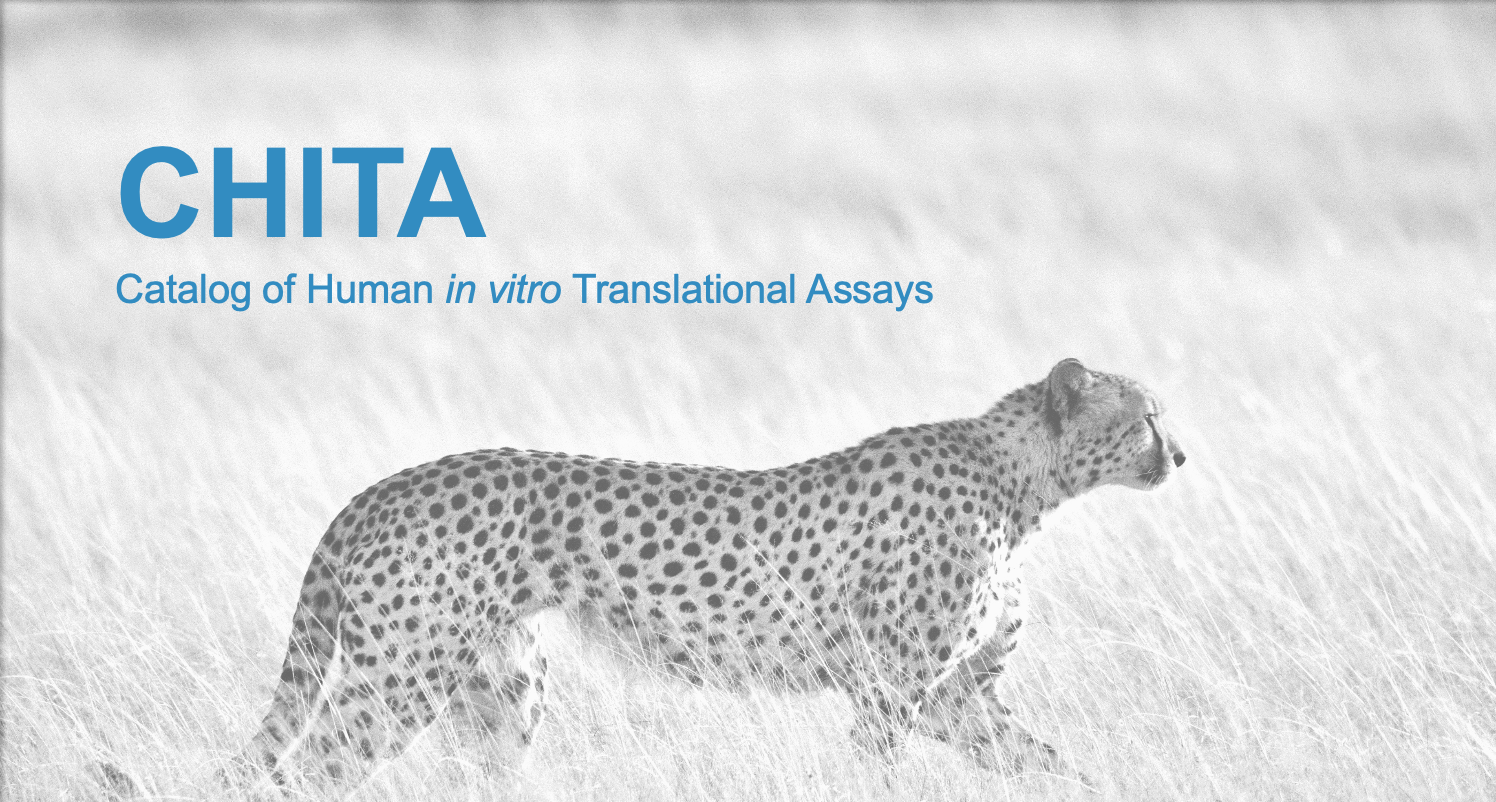CHITA – a registry of in vitro NAMs
If we want to replace animal testing in biomedical research, how do we find human-relevant alternatives? It’s not that simple. There are 1000s of human cell-based assays and systems that…
Faster adoption of alternatives to animals in biomedical research is a worthy goal for both scientific and ethical reasons. Addressing key elements of technology readiness for cell-based alternatives (in vitro…
Where are we with validation of assays to replace animals for product testing? The short answer: not very far. While many innovative platforms with potential as animal alternatives have been…
VCAM-1 is one of our favorite biomarkers. The levels of this clinical biomarker are increased in patients with diseases as diverse as Parkinson’s disease and arthritis. The regulation of VCAM-1…
It’s not just about measuring what matters – it’s about making what you measure matter. There are many options for endpoints to measure in phenotypic assays. Endpoints to consider include…
Developing phenotypic assays that model human disease is a heavy lift. Our understanding of disease biology is limited. And there are so many variables, it’s hard to know where to…
How do we design phenotypic assays that are physiologically relevant? And what do we mean by “relevant”? For those of us working in drug discovery or chemical safety, what we…
When I started out in tissue culture of primary human cells, there were few methods available and few options for cell types. Most human cell-based assays used immortalized cell lines…
Phenotypic assays using human cell types can help replace animal testing in drug discovery and product development. We can’t trust these assays, however, if we can’t explain why or why…
Biology and engineering – my favorite topic! Thank you to Vijay Pande and Derek Lowe for recent blog posts discussing the influence of engineering in biology research and drug discovery. I believe…
In drug discovery and chemical safety research, validation lies at the heart of every assay, reagent and experiment. Validation is fundamental for life sciences research effectiveness and, according to Scannell and…





